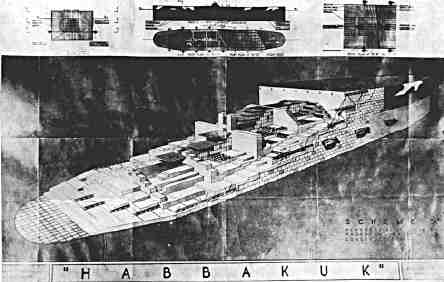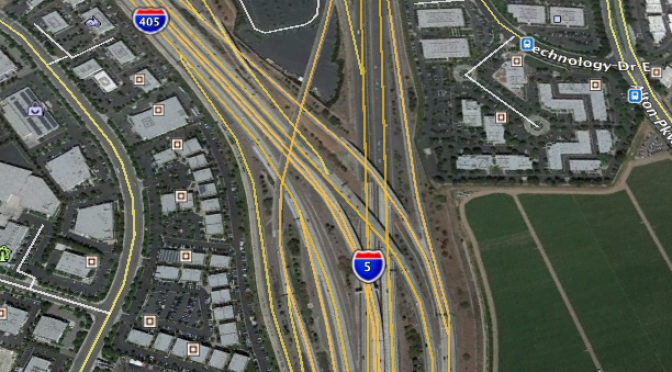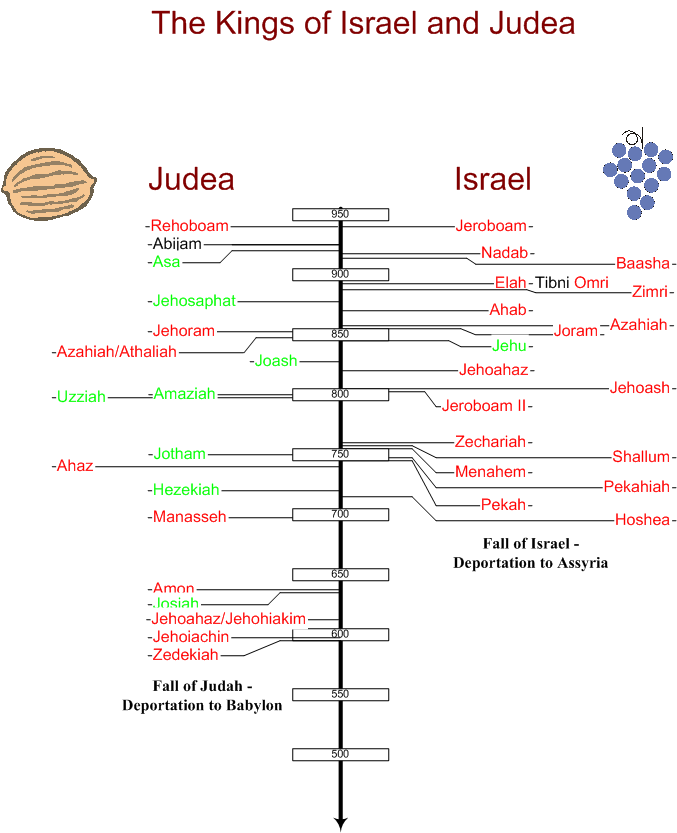“It’s not opposite day.” So would begin a game my older daughter and I would sometimes play saying the opposite of something. Everything you said had to be the opposite of what you really wanted to say.
It’s charming game, and stretched the creative and thinking juices of a witty nine year old against her slower father. “We’re not going to the store to buy ice cream, dad” was especially hard to resist. The biggest challenge was how to end the game. I smile thinking of those times.
Events in the Fall of 2014 do not often evoke such fondness. The times nag and bring discomfort, near panic, steeped in worry and anxiety.
Evil reigns. Across the ocean evil people seek to kidnap, rob, behead, and intimidate in the Middle East. Our only friend there, the very apple of God’s eye, Israel, is surrounded and attacked at every turn. Abroad, enemies of the Jews circle her waiting and encouraging her downfall. Even our own allies and those in our land share their sentiment.
In North Korea, a third generation despot threatens nuclear death to its neighbors and to us, and arms outré enemies with nuclear capability and delivery systems.
In Africa, an ugly virus is out of control, killing thousands and brings its death to our shores where leaders in name only have not the political backbone, who cower and acquesce to political correctness to not close the borders to protect the nation.
Inside our once fair country, where the national motto was not merely a slogan on a now devalued coin, sexual sin is promoted as a life style, mind altering drugs are legal, leaders openly flaunt the law, and universities teach lies , businesses promote greed and want, and national law enforcement turns its back on the law.
And these events continue to accelerate.
But God
Chapter three is Habakkuk’s response to God’s plan of judgment. God will restore righteousness, Habakkuk saw that, as should we. As his times were, ours are. To God the world is not turning itself upside down or inside out, opposing righteousness. To God, it’s not opposite day.
The Watchman’s Response
Habakkuk 3:1-2
He prays, he reverences Yahweh, and he worships with a song written for the profound revelation he received. His shigionoth a powerful heart-felt musical piece.
He asks Yahweh to “revive His work,” to do again what He once did for Israel to being it out of its spiritual torpor. He knows judgment is needed to waken the country back to acknowledging their special relationship and need for God, as a loving father spanks his child, not from anger, but to get the attention of a wayward child.
The Two-fold Response to God’s Glory
Habakkuk 3:3-5 – The Watchman Beholds God’s Glory
He beholds splendor, beauty and loving awe. God appears from Teman, a place in Edom This verse is close to Moses’s swan song in Deuteronomy 33, which we shall see at the end of the chapter. During the Exodus, the Edomites would not give Israel safe passage Num 20:17-22. This was recounted in Psalm 137, a lament. In v 7 where Edom was eager to have the Babylonians raze Jerusalem to its foundations.
It is little wonder that the Almighty was already in Edom, to execute judgment. Even when we cannot see God working, we can know that He is already in the midst of things.
His splendor is like the radiance displayed in Revelation 1 & 4 and 5.
Habakkuk 3:6-11 – The Nations Behold God’s Glory
Evil requires shaking to bring it out of its Godless torpor also to see God’s Glory, to be directed against evil rulers and the who obey them.
God brings out and demonstrates His lordship over His creation. All things obey Him. And we, who have the Holy Spirit, can behold Him without need of physical manifestations like these. We Christians like top use the word “awesome,” but awesome is more like this. Jesus gave His perspective of an Awesome God:
“But I will warn you whom to fear: fear the One who, after He has killed, has authority to cast into hell; yes, I tell you, fear Him!” – Luke 12:5
The narration speaks of the Day of the Lord predicted in Joel and other places, and culminating in the Great Tribulation. V9 Speaks of letting loose Yahweh’s weapons and His promise to let fly judgment. Think about that! (Selah)
Habakkuk 3:12-15 – Judgment of Judah’s Oppressors
The same will be done against Israel’s enemies, (Hebrews 13:8). It is a side of our God that we too often ignore or minimize because it does not match our template of who we think our God should be. And that borders on idolatry, making God inout image, instead seeing Him for who He really is.
Yahweh uses the weapons Israel’s enemies meant for Israel, just as He reversed the plot of Haman. Esther 7:10
Habakkuk 3:16-17 – The Watchman’s Response
Habakkuk’s predictable reponse is reverential fear, as we have discussed previously. In the middle of Judah’s chastisement, Habakkuk’s intimacy with Yahweh reassures him that this is a chastisement, a spanking, not a whipping
Habakkuk 3:18-19 – The Conclusion of the Matter
The prophet was assured he would walk confidently the high ground which had been his enemy’s , but now strode on by Habakkuk. God is the master of this sort of “inside out” thinking. All through the Bible, Yahweh demonstrates over and over victory at the last moment where despair ruled just prior. Some examples include
Joseph thrown into a dry pit, sold into slavery, thrown again into prison by a shunned adulterous woman, to be exalted to the number two position in Egypt; all part of The Plan. Gen 37:18-36, 40,41
The story of Job, lost his children and all his possessions, given a grievous skin disease, mocked at by his wife and friends, reprimanded by God, yet restored double in possessions and children (he never lost the first ones)
Daniel’s friends in the lion’s den, David vs Goliath, Mordecai vs Haman, Israel in the present day, and of course, the ultimate reversal, Jesus mocked, spat upon, tortured and agonizing death reversed into God’s greatest glory, His salvation.
But the end of the matter is from the beginning of the chapter. Moses tread, babysat, led, adjudicated, interceded, was very angry with his flock, the nation of Israel. He watched all the generation of 20 and up at the beginning of the Exodus die in the wilderness. He saw the harassment, the murmuring, the enemy attacks.
Yet he had not represented God well at Meribah-kadesh (Numbers 20:8-12) when he became angry at the people and struck (twice even) a rock after he was specifically told to speak to it. It was a carefully constructed analogy Yahweh wanted to make regarding His Son. And now, God told him to go up a hill in what was to be a Gentile land, and see, but not go into the promised land. It was a harsh, but necessary chastisement to Moses, the people, and leadership (then and NOW) that leaders are to keep Yahweh’s Name holy in all that they do. And so he died and God buried him…
The very next verses in the narrative, Deuteronomy 33 shows the blessing Moses gave to the tribes. But see how he begins it:
“The LORD came from Sinai,And dawned on them from Seir;He shone forth from Mount Paran,And He came from the midst of ten thousand holy ones;At His right hand there was flashing lightning for them. – Deu 33:2
Pretty close to the same way Habakkuk began this chapter; with God coming from Paran and Teman, all in Edom, Israel’s half-brother and bitter enemy. But like Moses, Habakkuk held faith and worshipped then as had Moses previously. Neither knew exactly how the matter would turn out.
But God.
Moses died having never gone into Canaan. But wait, he DID.
“Some eight days after these sayings, He took along Peter and John and James, and went up on the mountain to pray. And while He was praying, the appearance of His face became different, and His clothing became white and gleaming. And behold, two men were talking with Him; and they were Moses and Elijah, who, appearing in glory, were speaking of His departure which He was about to accomplish at Jerusalem.” – Luke 9:28-31
God had a way to allow Moses to enter the promised land after dying. This is because of His great love and tenderness for us. Even in our rebellion against Him, like Judea rebelled against God. Perhaps Habakkuk took stock in the next verse of Moses’ great blessing, and re-enforced his confidence and caused him to walk as confident as a deer on a high place for his country’s chastisement, just as Moses was able to bless after his chastisement:
“Indeed, He loves the people;All Your holy ones are in Your hand,And they followed in Your steps;Everyone receives of Your words.” – Deu 33:3
Memory Verse – “The Lord God is my strength, And He has made my feet like hinds’ feet, And makes me walk on my high places.” Habakkuk 3:19a
Application –To remain steadfast in harrowing times, call on Him and remember the good promises made to us.




